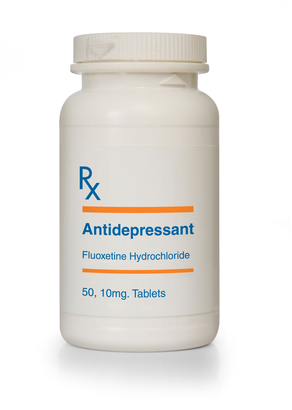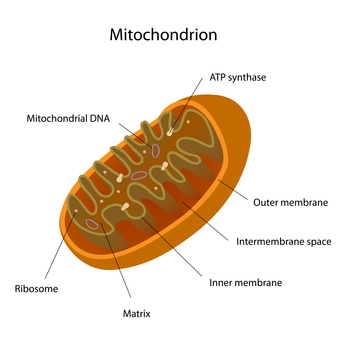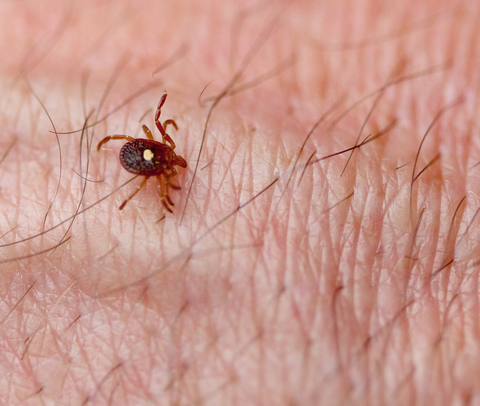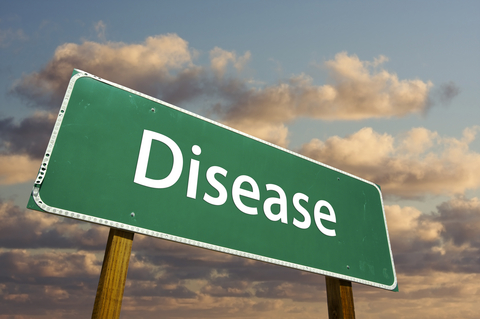 Here’s how I finally got help for Sensory Processing Disorder.
Here’s how I finally got help for Sensory Processing Disorder.
For my older son, I had a litany of signs for 3-1/2 years that told me something was wrong, despite reassurances to the contrary of his doctors.
The Tipping Point
It all hit the fan when our nanny left to have her own baby shortly after my oldest son turned 3. Yes, I was extremely fortunate to be a stay-at-home mom with a nanny; but, looking back, I really needed the help.
My older son had been used to having either me or the nanny completely to himself. All of a sudden when she left, he was forced to share me with his baby brother. So what did he do?
He cried. And cried. And cried. And cried. And cried. Over EVERY little thing.  [Read more…]
[Read more…]

 My sons have had eczema their whole lives. It has ranged from cradle cap (did you know that was a form of eczema?) to itchy bumps in the creases of the knees and elbows to full-blown bloody red rashes on the arms and legs.
My sons have had eczema their whole lives. It has ranged from cradle cap (did you know that was a form of eczema?) to itchy bumps in the creases of the knees and elbows to full-blown bloody red rashes on the arms and legs. “Failure to thrive” is when your child’s weight percentile falls to the 3rd percentile or below or when it crosses 2 or more major percentile curves. When either of these (or both, as in the case of my older son) happens, it’s an indication that the child is not growing as he or she should be.
“Failure to thrive” is when your child’s weight percentile falls to the 3rd percentile or below or when it crosses 2 or more major percentile curves. When either of these (or both, as in the case of my older son) happens, it’s an indication that the child is not growing as he or she should be. Because of my son’s failure to thrive, our pediatrician sent us to see
Because of my son’s failure to thrive, our pediatrician sent us to see  A few months ago, my then-6-year-old son had a definite change in his typically sweet personality for the worst.
A few months ago, my then-6-year-old son had a definite change in his typically sweet personality for the worst. Yet more research is coming to light about the damaging effects of heavy metals. A
Yet more research is coming to light about the damaging effects of heavy metals. A  Yet another study shows that C sections and feeding your baby formula instead of breastmilk can change your baby’s gut flora for the worse, leading to gut dysbiosis.
Yet another study shows that C sections and feeding your baby formula instead of breastmilk can change your baby’s gut flora for the worse, leading to gut dysbiosis. Methylation is a subject that keeps coming up again and again for my sons and myself. It’s one of those all-encompassing issues like toxicity or gut dysbiosis because so many diseases and conditions are linked, directly or indirectly, to it or rather, a lack of it.
Methylation is a subject that keeps coming up again and again for my sons and myself. It’s one of those all-encompassing issues like toxicity or gut dysbiosis because so many diseases and conditions are linked, directly or indirectly, to it or rather, a lack of it.

